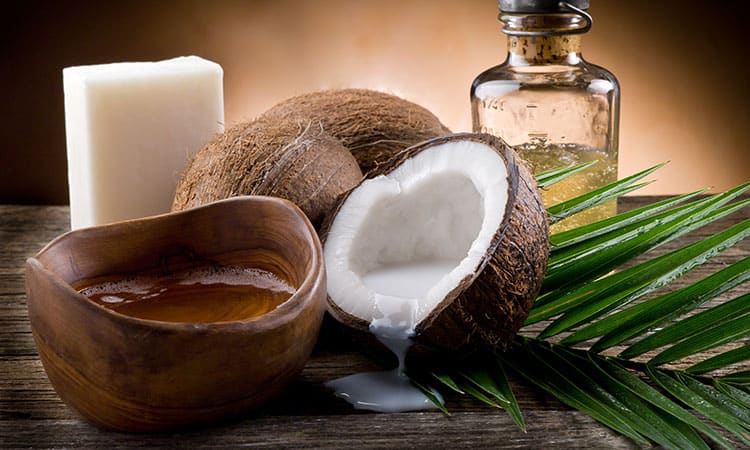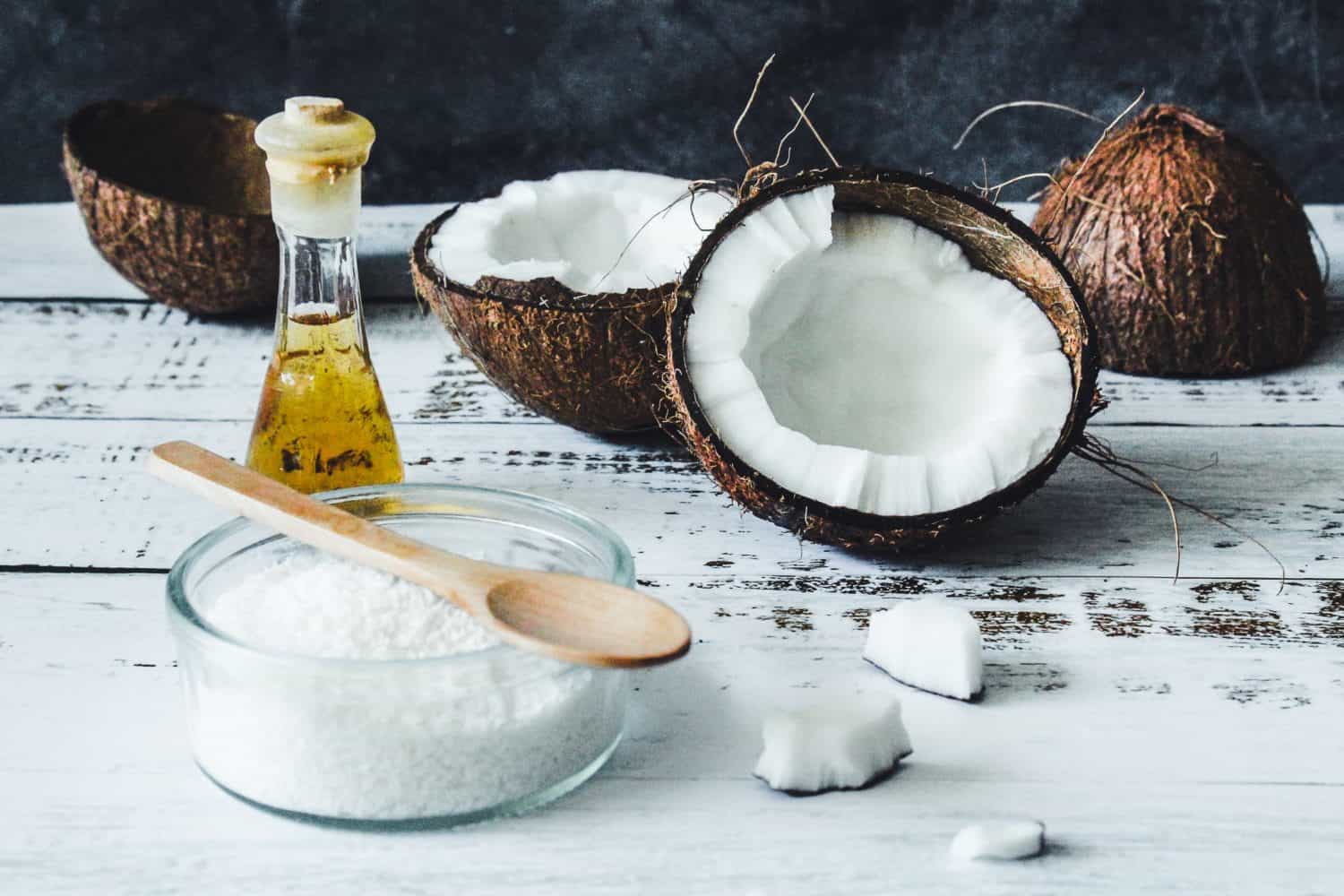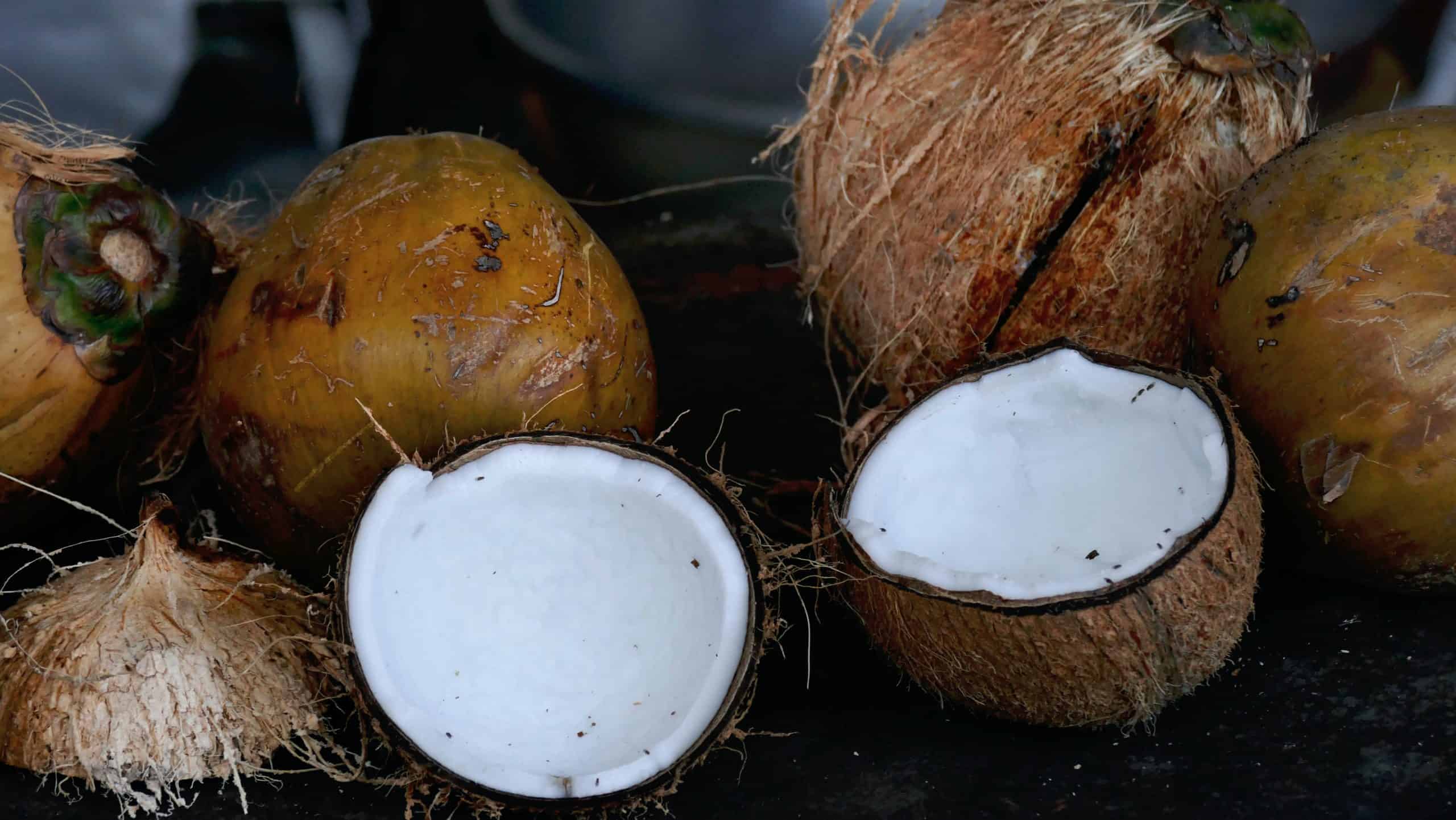Cruise down the olive oil aisle at your local market and you will see coconut oil. Once a pariah in the Western diet because of its high levels of saturated fat. However, in recent years, the tropical nut oil has gained recognition for topical and internal use. It’s quickly become a favorite in the health food world.
Promoters look at the long-time use of coconut oil in island nations, like Sri Lanka Indonesia, Philippines, to name just a few are living proof that it offers plenty of health benefits. And while those in the medical field acknowledge coconut oil’s chemical makeup is different than that of other saturated fats, they still urge people to monitor their fat and calorie intake.
Coconut oil has a complicated nutritional backstory. Even the most die-hard fans can’t deny the high saturated fat content (83 percent), the saturated fat is made of medium-chain triglycerides (MCTs) which metabolize differently in the body than long-chain triglycerides (LCTs). The latter are found in saturated fats of other oils and animal products.
To sum up the science lesson: MCTs go directly to the liver and burn as fuel instead of being stored in the body as fat. They may also raise the metabolic rate slightly.
While the white flesh of a coconut contains minerals like potassium, iron and magnesium, the oil contains negligible amounts of vitamins E and K and the minerals iron and zinc. However, the scarcity of nutrients doesn’t cancel coconut oil’s unique health benefits.
 Remember those MCTs we mentioned above? They’re made up of fatty acids called medium-chain fatty acids, or MCFAs, which have antimicrobial, antibacterial and antiviral qualities.
Remember those MCTs we mentioned above? They’re made up of fatty acids called medium-chain fatty acids, or MCFAs, which have antimicrobial, antibacterial and antiviral qualities.
This natural oil may boast a number of health benefits, but keep in mind that research is still ongoing.
- Antiviral effect: Coconut oil’s medium-chain fatty acids are believed to fight against lipid-coated viruses, such as influenza and Epstein-Barr. The MCFAs disrupt the virus membranes preventing them from growing and maturing.
- Anti thrombotic effect:Virgin coconut oil may help in the reduction of blood clots.
- Antibacterial effect:In certain concentrations, coconut oil “exhibited bactericidal activity” against E. coli and several other bacteria.
- Anti-fungal: Caprylic acid is known to have anti fungal properties. Since its not water soluble, it may have an easier time attacking wet membranes that protect fungal cells.
Although you may think of coconut oil as being a heavy, solid oil, coconut oil is a light, non-greasy, liquid oil and a good massage oil. Coconut oil is being hailed as a multi-purpose product that’s fantastic for the skin, hair, teeth and more.
What about the slippery texture? Massage therapists are using it, too in their practice. Even though this oil is slippery for massage, some therapists have adapted to it, or simply blended the oils to get a bit more friction for deep tissue work. Coconut oil has medium absorbability and maximum moisturizing level and it is great for a relaxation massage, but lacks friction for deep tissue work. It can be blended with other oils to change the texture, as well as blended with essential oils for aromatherapy use.


